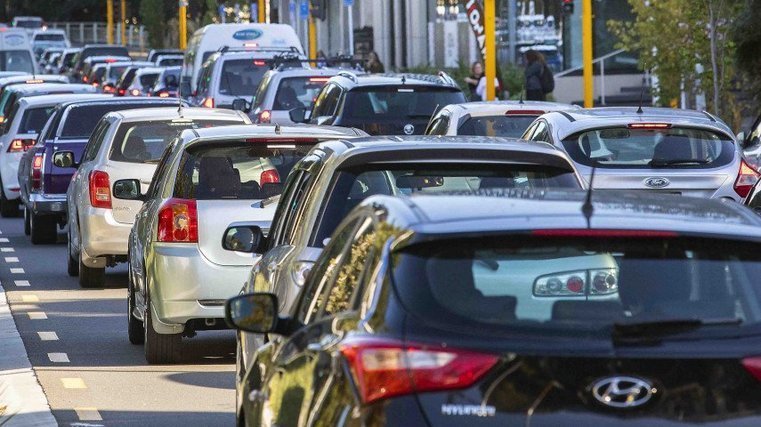Warning hybrids will be next to face ban

Hybrid vehicles have been described as a short-term solution in the battle to reduce emissions from transport and that they are likely to eventually face a ban the same as petrol and diesel cars.
Government officials say hybrid vehicles can help with the current transition to an electric fleet but are not seen as a long-term fix to meet goals around reducing greenhouse gas emissions.
The comments came during a webinar hosted by the Ministry for the Environment (MfE) on October 21 to highlight the key issues facing the transport sector as the government develops its first emissions reduction plan (ERP).
It follows the release of a discussion document called “Te hau marohi ki anamata – Transitioning to a low-emissions and climate-resilient future”, which is open for submissions until November 24.
The MfE is running a number of webinars for different industries as part of the consultation process before working with central agencies to shape government policy.
During the question-and-answer session at the transport-focused webinar, someone asked what role will hybrid vehicles play in helping increase the number of zero-emissions vehicles on our roads.
Ainsley Smith, a climate change senior analyst at the MfE, replied: “Hybrid vehicles will play an important role in reducing emissions in the early part of the transition as EV technology and supply improves, but in the longer term hybrids will likely also need to be phased out sometime after non-hybrid ICE [internal combustion engine] vehicles to meet our emissions targets.”
The Climate Change Commission has already called for the imports of new and used petrol cars to be banned as early as 2030.
Officials from the Ministry of Transport (MoT) also attended the online event and said it was important government policies around clean cars remain in step with other countries in order to prevent high-emitters swamping our market.
Joanna Pohatu, principal adviser at the MoT, said: “Many countries have put in place policies that ban ICE vehicles and we’re proposing we follow that so we do not become a dumping ground for those vehicles.
“We need to find out New Zealanders’ appetite for an ICE ban and are they keen to have an ICE ban in place. Our preference is to get it in as soon as possible because that influences the policies we go forward with, but we need buy-in to push that through.”
Officials noted a ban on ICE vehicles can’t be introduced immediately because EV supply remains limited in both general terms and in terms of the range of models available for different use cases and at a range of price points.
Transport targets
An attendee of the webinar questioned how there can be a risk of becoming a dumping ground if other jurisdictions already have low-emissions policies in place, and New Zealand is introducing similar legislation.
Ewan Delany, MoT’s manager, environment, emissions and adaptation policy, said the point of the proposed policies and those already being pursued is to stop this happening.
“The clean car standard and the clean car discount will help prevent the risk coming into play and other countries are introducing those requirements,” he explained.
“It’s important we keep in step with that because if our standards are lower, then as other countries move away from high-emissions vehicles the supply that remains is more likely to come to the New Zealand market and we do not want that.”
The government is consulting on four transport targets outlined in the discussion document. These are:
• Reduce vehicle kilometres travelled by cars and light vehicles by 20 per cent by 2035, particularly in larger cities
• Increase zero-emissions vehicles to 30 per cent of the light fleet by 2035
• Reduce emissions from freight transport by 25 per cent by 2035
• Reduce the emissions intensity of transport fuel by 15 per cent by 2035
Delany noted the plans outlined in the discussion document are a “large proportion of the things we would need in place to get to the 30 per cent EV fleet target”.
“We have an old vehicle fleet in New Zealand compared to a lot of other countries and one of the things in the ERP document is a proposal for a scrappage scheme to encourage the replacement of inefficient vehicles,” he said.
“We have got policies in place to rapidly improve the emissions performance of vehicles coming in and over time and with natural recycling of the fleet our modelling shows we would replace the fleet with a clean fleet.”
The ERP is due out by the end of May 2022 and will set out policies and strategies to meet emissions budgets, with the aim of the country becoming carbon neutral by 2050.
For more details, visit: environment.govt.nz/what-you-can-do/have-your-say/climate-change-engagement/.





